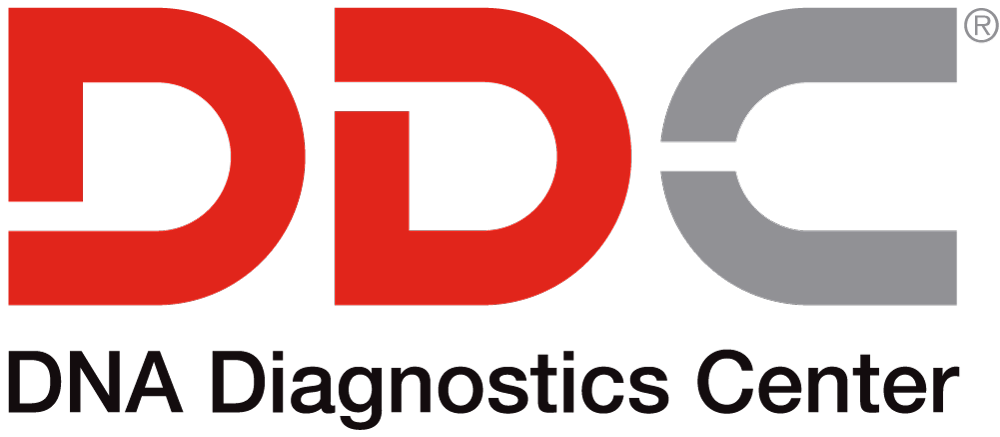AUGUST 13, 2023
Updated Canada Immigration Test Requirements in 2024

The Canadian immigrant population continues to rise as just over 1.3 million new immigrants settled permanently in the country between 2016 and 2021, the highest number of recent immigrants recorded in a Canadian census.
Sean Fraser, the Minister of Immigration, Refugees, and Citizenship Canada, recently shared an update for 2023-2025. He states, “Canada aims to welcome from 410,000 to 505,000 new permanent residents in 2023, from 430,000 to 542,000 in 2024, and 442,500 to 550,000 in 2025.”
Considering a move to Canada? Navigating the Canadian immigration process can seem daunting, but understanding the common testing requirements can simplify your journey.
Canadian Immigration Testing Requirements
There are a few different requirements that are important to consider when applying for Canadian immigration programs and beginning a pathway to permanent residency and eventual citizenship.
Depending on the immigration program you’re applying for, such as the Federal Skilled Workers Program, Canadian Experience Class, or Provincial Nominee Program, the eligibility criteria can vary.
Language Proficiency Testing
For most federal economic immigration programs, applicants are required to prove their proficiency in either English or French by taking a recognized language test such as IELTS for English or TEF for French.
Education Credential Assessment (ECA)
For certain programs, if you’re applying with foreign credentials, you might need to have them assessed against Canadian standards. The Education Credential Assessment (ECA) is essential for those who intend to immigrate to Canada under specific programs that factor in educational fulfillment. For example, if a person wants to practice law after immigrating with a foreign degree, diploma, certificate, etc., it must be validated and deemed equivalent to a Canadian one.
Family Sponsorship and Immigration DNA Testing
If you have family in Canada, they may be able to sponsor your immigration under the Family Sponsorship program. However, the sponsoring family member must meet certain criteria and financial requirements. The sponsor:
- Must be 18 years of age
- Must be a Canadian permanent resident living or a Canadian citizen
- Cannot be in prison
- Cannot be bankrupt
- Cannot be under a removal order (if a permanent resident)
- Cannot be charged with a serious offense
Family Sponsorship Program applicants may be required to undergo DNA testing if:
- Obtaining documentation that proves a biological relationship is not possible.
- Provided documentation does not meet the standards of the reviewing council, or there are still doubts about relationship authenticity.
The sample collection process for immigration DNA testing is non-invasive. All that is required of the tested parties is a saliva sample. The collected samples are then sent to a laboratory accredited by the Standards Council of Canada (SCC). Once the samples arrive, technicians will extract the DNA and compare the genetic profiles of the two tested parties to determine if they are biologically related.
Canadian Immigration DNA Testing with DDC
When you choose DNA Diagnostics Center (DDC) as your Canadian immigration test provider, you can trust that our rigorous process meets or exceeds SCC standards. DDC has been fulfilling Canada immigration tests for over 25 years, and our expert team of trained professionals are ready to help. With over 5,000 DNA-collection facilities in 160+ countries, including Canada, all tested parties can schedule appointments at locations most convenient for them in their local area. DDC has accreditations from the AABB, CAP, CLIA, and more. In addition to the above accreditations, DDC is recognized as an approved laboratory under the Standards Council of Canada (SCC). With SCC accreditation, we can proudly ensure that our test maintains the SCC’s strict standards of accountability for DNA testing.
Are You Looking to Establish a Relationship?
CALL FOR A FREE CONSULTATIONAbout DNA Diagnostics Center (DDC)
DNA Diagnostic Center is the world leader in paternity and relationship testing. We serve healthcare professionals, government agencies, and individuals around the world to determine family relationships with trusted accuracy.
More Questions? Don’t hesitate to call us: we’re here to help!
CALL NOW




